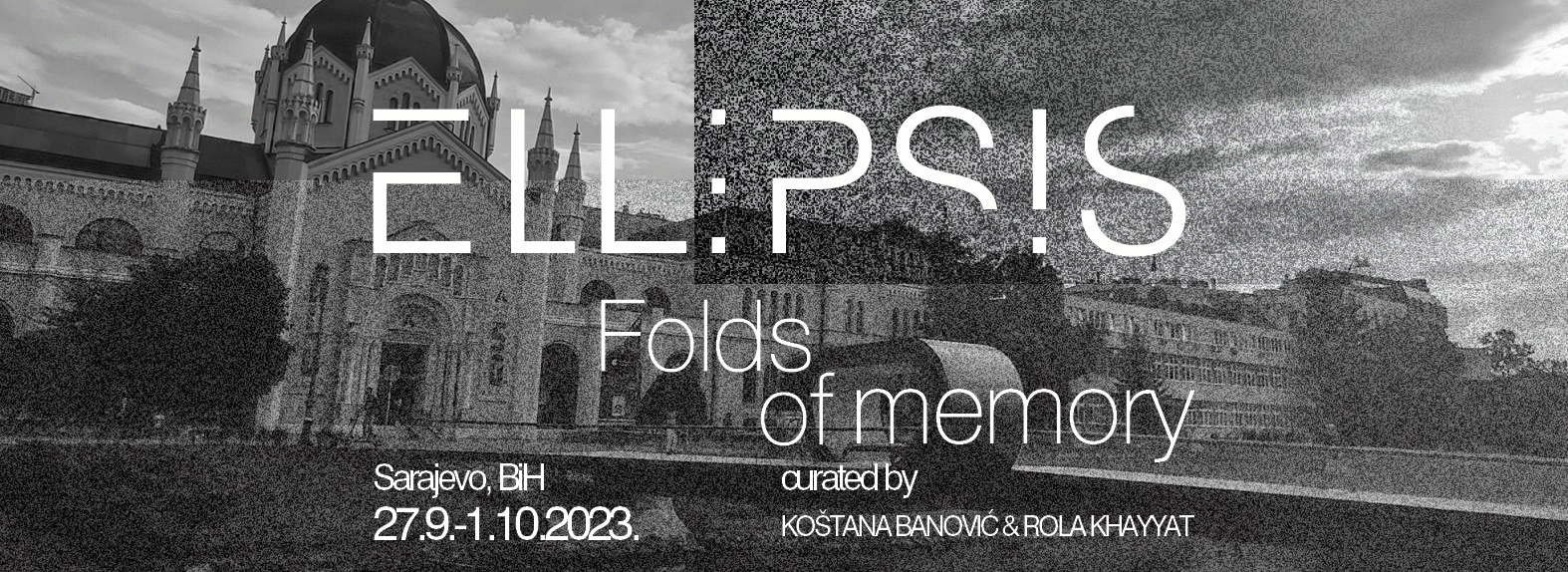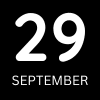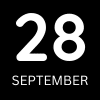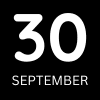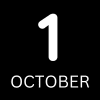Program
Module 1: Ships and the Sea
Seas are inextricably linked to histories, cultures, bodily memory, and pressing contemporary issues. Anthropologist Nikolas Kosmatopoulos will draw on years of active involvement in sea-centered movements of solidarity in the Mediterranean, including efforts to challenge the embargo in Gaza and to support border-crossing refugees. Can indigenous-led practices that engage contemporary oceans be rethought in ways that relate directly to the politics of radical social change and, in particular, the question of anticolonialism today?
While Vladimir Tomić’s film Flotel Europa, is a tale of coming of age on a similar ship off the coast of Denmark juxtaposed with personal VHS archive material shot by refugees who shared the “space-time vacuum” of the Flotel.
This space-time vacuum is expanded upon in Filmmaker Stefan Pavlović’s lyrical film Looking for Horses, about his friendship with a fisherman and war veteran, where water/lake and the boat are the means to keep soundness of mind, with a healing power.
Artist and filmmaker Temra Pavlović deconstructs the image of the ship into parts, in her lecture performance The Seams, asking how an image can undo itself, and taking us into the inner workings of the mind, the mechanisms of narrative and the mechanics of memory as a multidimensional encounter.
Module 2: Ruins and Ruination
How can ‘folklore’ become a common emancipatory tool for people to overturn dominant discourses, reclaim their history and land and rewrite reality as we know it? In a screening and discussion on ‘our songs were ready for all wars to come’, artist Noor Abed will explore the critical stance of ‘folklore’ as a source of knowledge and its possible connection to alternative social and representational models in Palestine.
In a similar vein, artist Aida Šehović and author Yasmine Khayyat will gather participants around the ritual of sharing coffee, dominant in both of their cultures. They will use drawing, reading and writing to investigate the wiles of memory as it waxes and wanes in tandem with the violence that engulfed Bosnia and Herzegovina (1992-1995) and Beirut (1975-1990).
How does the ecological converge with the political in the formation of borders and boundaries? This question will be scaled in creative ways; artist Miloš Trakilović will address the poetic dimensions of mountains in a performative lecture, in the relation to being and belonging, and current conceptions of migration, cohabitation and coexistence.
Danijela Dugandžić will lead us on a walk up a mountain, where we will explore the complex narrative woven around Memorial Park Vraca, a place that encapsulates the transformation of memory, echoes the heroic deeds inscribed in Sarajevo’s history and spotlights the figure of a hero.
Module 3: Personal Narratives
What forms of knowledge are being produced in the moment that art interacts with archives and how do we articulate the substance of these forms? Photographers Roi Saade and Tamara Abdul Hadi will address this question by engaging the public in a zine making workshop utilizing archival images sourced from the participants’ own family archive or a series of photographic images re-imagining a narrative or memory.
Adela Jušić will reflect on the material and immaterial modalities of memory’s function as an alternative archive against the more intangible and yet decomposing tangibility of photographs.
